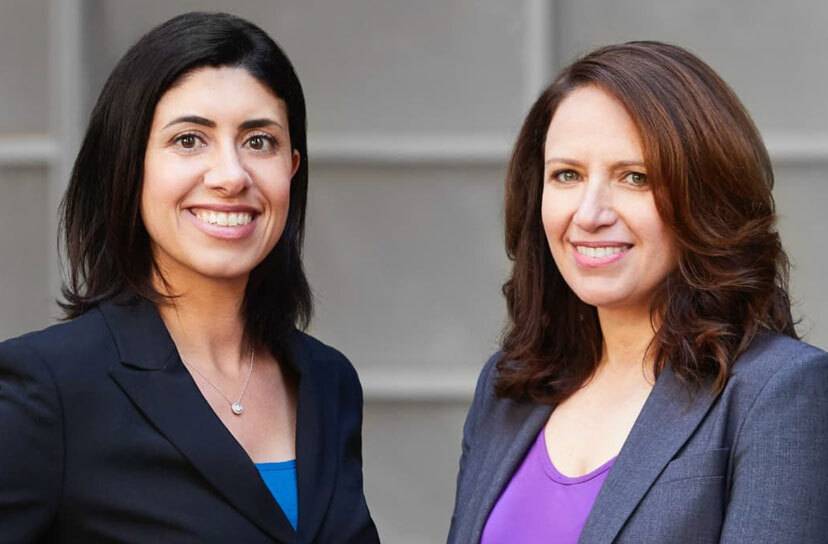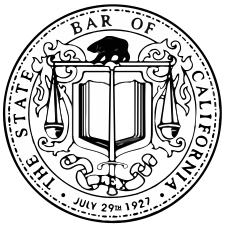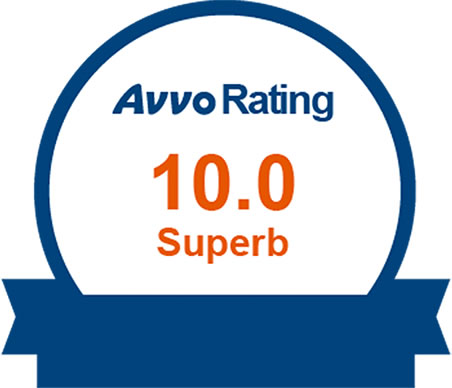When most people think of divorce, they imagine drawn-out court battles between bitterly fighting spouses. While some disagreements truly cannot be resolved without the intervention of a judge, you and your spouse may be on good enough terms to work through the terms of your divorce together. At Moradi Saslaw, our experienced attorneys can help you avoid the ordeal of going to court by guiding you through a collaborative divorce – otherwise known in California as collaborative law or collaborative practice.
You can resolve your divorce without going to court.
Allows for civil and ideally honest information exchange between spouses.
The process is more efficient than litigation and usually takes less time.
You and your spouse drive the negotiations and make the final decisions, instead of a judge who doesn’t know your family nearly as well as you do.
Your legal team is incentivized by the “no court” agreement to come up with creative solutions to the issues in your divorce.
Your Final Judgment is the only public record of your divorce.
The negotiation process requires both sides to compromise to come to an agreement.
If you and your spouse try a collaborative divorce but the negotiations break down, you’ll have to start your divorce from scratch with new attorneys. This could result in a major loss of time, effort, and expense.
When starting the collaborative divorce process, both parties hire their own attorneys. For the best approach, it’s important to hire an attorney who is specifically trained in collaborative law. You’ll meet privately with your attorney first to discuss:
Establishing your goals and boundaries beforehand allows for a much smoother negotiation.
Before the collaborative law process begins, you, your spouse, and both of your attorneys must sign a Collaborative Divorce Participation Agreement (PA). Under this agreement:
The Participation Agreement is a contract between you and your spouse to:
If you and your spouse are unable to come to a settlement agreement through collaboration, you will both have to find new attorneys to move forward with your divorce in court.
In a collaborative divorce, all negotiations happen over multiple “four-way” meetings between you, your attorney, your spouse, and your spouse’s collaborative divorce attorney. These meetings often include neutral third-party professionals who apply their expertise to find solutions to your issues. For high-net-worth couples, your collaborative divorce may involve:
For more difficult negotiations, your attorneys may also bring in a licensed mediator.
When you and your spouse come to an agreement on your issues, your lawyers will draft a written settlement agreement. Once both parties sign, your attorney will file your divorce papers and settlement agreement with your local family court.
Because you’ve already resolved all of your issues through the collaborative law process, this stage is usually simple and uncontested. As soon as the court processes your paperwork, your divorce will become official along with the terms of your settlement.
Jane Doe, a real estate developer, and Jill Doe, a startup entrepreneur, have been married for five years with no children. Due to their demanding jobs, they have grown apart but remain on good terms and share professional circles. Jill leases office space in one of Jane’s properties.
Jane approaches our firm for divorce representation. Given their amicable separation and professional relationship, they opt for a collaborative divorce. This structured process with support teams helps manage emotional conflict and fits their fast-paced schedules.
To divide their assets, their lawyers hire a local property assessor, a startup valuation expert, and a wealth management specialist. Through several “four-way” meetings, they create settlement terms that equitably divide their communal property.
Once Jane and Jill sign the divorce settlement agreement, they file the paperwork with the local court to finalize their divorce.
In California, your divorce cannot be finalized until six months after your initial divorce papers are served. Depending on your schedule, a collaborative divorce settlement can often be ready for filing by that time. The collaborative divorce process rarely takes more than one year.
Collaborative divorce is a unique solution for couples who want a cooperative and structured end to their marriage. In addition to the support of a team of professionals throughout the divorce process, collaborative settlements usually include terms for dealing with issues that arise after your divorce is finalized.
At Moradi Saslaw, we specialize in collaborative divorce, offering structured support and expert guidance to help you navigate the process smoothly.
We explain California’s collaborative divorce laws and procedures, ensuring you understand your rights and responsibilities.
We facilitate “four-way” meetings with both parties and their lawyers to promote effective communication and fair negotiations.
We work with neutral professionals, such as financial advisors and child specialists, to provide comprehensive support.
We prepare and file all necessary forms and documents accurately and promptly.
We advocate for your interests in all collaborative meetings, ensuring your voice is heard and respected.
We are a full-service family law firm with experience litigating and negotiating complex divorces and domestic partnership dissolutions in California since 2009.

Whether it’s a simple asset division, a basic custody agreement, or more intricate matters like dividing stock options, limited partnership interests, or a contested custody dispute, we develop creative strategies to meet every goal. Our premier divorce lawyers have a strong record of courtroom success and negotiated settlements.








The Moradi Saslaw team is specially trained in collaborative law practices and maintains relationships with leading collaborative law professionals in the Bay Area, including esteemed accountants, appraisers, asset evaluators, and wealth management experts. For collaborative divorce attorneys who will guide you to the best way forward for your family, call us at (415) 625-4587 or fill out our contact form to schedule a consultation.
"*" indicates required fields

We are a full-service family law firm with experience litigating and negotiating complex divorces and domestic partnership dissolutions in California.
"*" indicates required fields